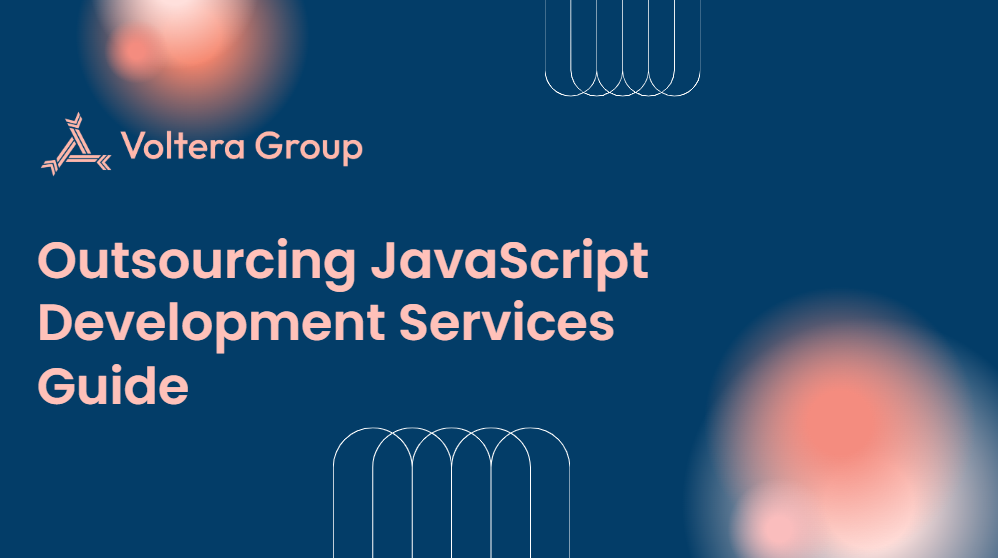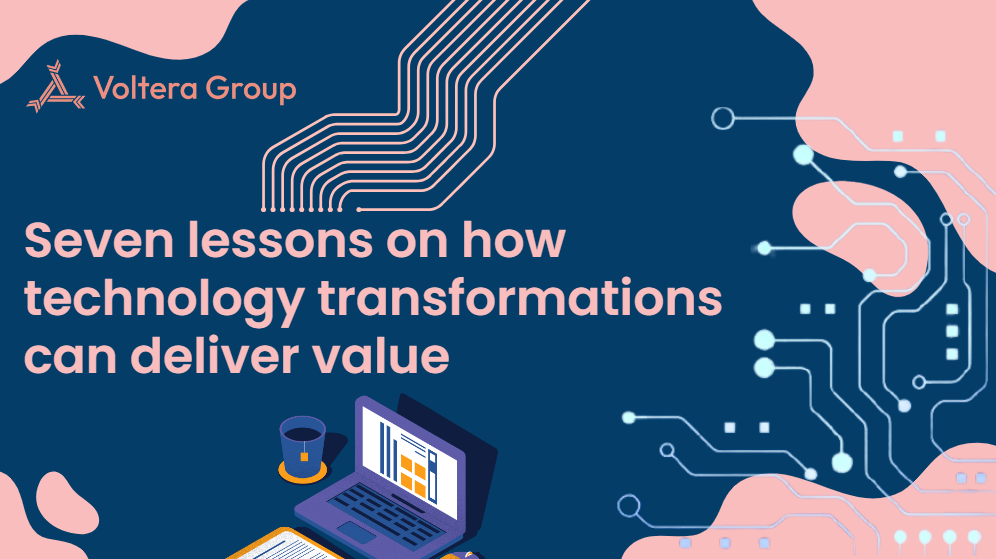Data Integration and Management
Our data management and system integration solutions transform scattered information into a secure, intelligent operational foundation using data lakes, ETL processes, and comprehensive governance frameworks. We unify data from diverse sources into a reliable, centralized resource, ensuring it's clean, secure, and actionable. This enables smarter decision-making, streamlined operations, cost savings, and innovative revenue opportunities.
Data Management and Integration Solutions
01
Enterprise Data Unification
We consolidate disparate information sources into a single source of truth using automated data lineage tracking, standardization tools, and AI-powered matching algorithms.
02
Multi-Source Integration
We connect and harmonize data from various systems, applications, and formats through API orchestration, middleware solutions, and semantic data integration with intelligent connectors.
03
Comprehensive Governance
We implement automated policies, rules, and controls to manage data access, privacy, and compliance using metadata management tools, governance frameworks, and policy enforcement engines.
04
Real-Time Data Streaming
We enable immediate processing and analysis through event-driven architectures, message queues, and stream processing frameworks like Kafka or Apache Flink. n these systems with sophisticated problem-solving and decision-making functions.
05
Quality Management
We automate data cleaning, validation, and enrichment using machine learning algorithms, profiling tools, and automated quality verification processes.
06
Lineage Tracking
We map and monitor data movement and transformations across systems using metadata crawlers, impact analysis tools, and automated documentation.
Don't just observe—take decisive action.
Industry-Specific Data Integration Solutions
Financial Services
Comprehensive data collection and standardization for regulatory compliance (GDPR, Basel III, MiFID II) Real-time transaction monitoring and risk assessment integration Unified customer data platform for cross-channel experience optimization
Telecommunications
Network performance metrics consolidation and real-time monitoring Customer experience data integration across interaction points Infrastructure capacity planning data harmonization
E-commerce
Omnichannel customer behavior data unification Real-time inventory and pricing data synchronization Advanced analytics infrastructure for cross-platform marketing
LLM Agent A
State-Of-Art Automation (Scheme)
LLM is not only the possibility to chat and get a wide range of information, but it's also the possibility to retrieve your local data from databases, docs, and spreadsheets. With advanced LLM Agents—a core part of generative AI as a service—you can automate your routine processes, streamline client communication, or implement your start-up ideas.

Your fragmented data is costing you money – it's time to stop the leak!
Technologies of Artificial Intelligence and Machine Learning
Data Integration and Management Process
Our comprehensive approach forms a cyclical and iterative methodology that transforms raw data into strategic business intelligence through systematic, technology-enabled workflows.
Discovery
01
Identify and map all potential data sources across organizational ecosystems to create a complete information inventory.
Data Profiling
02
Analyze and assess data characteristics, quality, structure, and potential usability to understand the current state.
Transformation
03
Convert and standardize information from diverse formats into a consistent, machine-readable framework for unified processing.
Validation
04
Apply rigorous quality checks, cleansing algorithms, and integrity verification mechanisms to ensure data reliability.
Enrichment
05
Augment raw data with additional context, external insights, and machine learning-powered metadata for enhanced value.
Governance Implementation
05
Establish comprehensive policies, access controls, and compliance frameworks for sustainable data management.
Digital Transformation Challenge Mitigations
Organizational Silos
Enterprise-wide data platforms provide unified access and standardized sharing protocols, eliminating information barriers and enabling seamless collaboration across departments.
Data Consistency
Automated cleansing and machine learning validation mechanisms improve information accuracy, ensuring organizations work with reliable, consistent data assets.
Security Enhancement
Zero-trust architectures, end-to-end encryption, and advanced threat detection mechanisms protect sensitive information and ensure compliance with evolving regulations.
Real-Time Processing
Stream processing technologies and event-driven architectures facilitate near-instantaneous data integration and analysis, enabling timely, data-driven decision making.
Advanced AI Agent Capabilities
Intelligent Synchronization
Smart, real-time data synchronization across multiple platforms using automated conflict resolution and version control mechanisms.
Automated Data Cleansing
Machine learning-powered data cleanup that automatically detects and resolves inconsistencies, duplicates, and formatting issues.
Predictive Monitoring
AI-based systems that anticipate potential data anomalies before they impact business operations through pattern recognition.
Metadata Management
Automated tracking and organization of data definitions, lineage, and relationships across enterprise systems.
Competitive Advantages with Our Gen AI Services
Frequently Asked Questions
How can machine learning enhance our data integration processes?
Machine learning improves data integration by automatically identifying patterns, resolving inconsistencies, and predicting potential quality issues before they impact systems. Advanced algorithms create intelligent data mapping, self-learning transformation rules, and predictive reconciliation mechanisms that reduce manual intervention while increasing integration accuracy and efficiency.
How do you approach data governance in decentralized organizations?
Decentralized data governance requires a federated approach with centralized policy frameworks and distributed implementation capabilities. We create core governance committees that establish enterprise-wide standards while empowering local data stewards to implement them within specific organizational contexts. This balanced approach ensures consistency while respecting operational diversity.
What infrastructure supports real-time data integration?
Real-time data integration requires robust, event-driven infrastructure leveraging technologies like Apache Kafka, stream processing engines, and distributed computing frameworks. Key components include high-performance messaging systems, containerized microservices, scalable cloud resources, and low-latency processing capabilities that maintain data integrity throughout the integration pipeline.
How can we leverage integrated data for advanced business intelligence?
Integrated data serves as the foundation for advanced business intelligence by providing a comprehensive view of organizational performance and customer interactions. By creating unified data platforms, organizations can enable predictive analytics, machine learning-driven insights, and dynamic decision support systems that transform raw information into strategic business advantages.
What technical infrastructure supports effective AI agent deployment?
Successful implementation requires robust data management, secure API connections, and appropriate processing resources, alongside integration points with existing systems. Cloud-based solutions typically provide the necessary infrastructure components, enabling efficient scaling without significant hardware investments.
What are the leading retail CPG data management solutions?
Leading retail CPG data management platforms include Informatica MDM, IBM InfoSphere, SAP Master Data Governance, and Talend Data Management. These solutions offer comprehensive capabilities for product information management, supplier data integration, customer insights, and supply chain analytics, enabling retailers to create unified views of products, customers, and operations.
What are the advantages of enterprise cloud data management?
Enterprise cloud data management offers scalability, cost-efficiency, and technological agility advantages, making it a strategic priority for modern organizations. Successful implementation requires careful vendor selection, robust security protocols, comprehensive migration strategies, and effective governance frameworks to manage the transition while maximizing business value and minimizing operational disruption.



